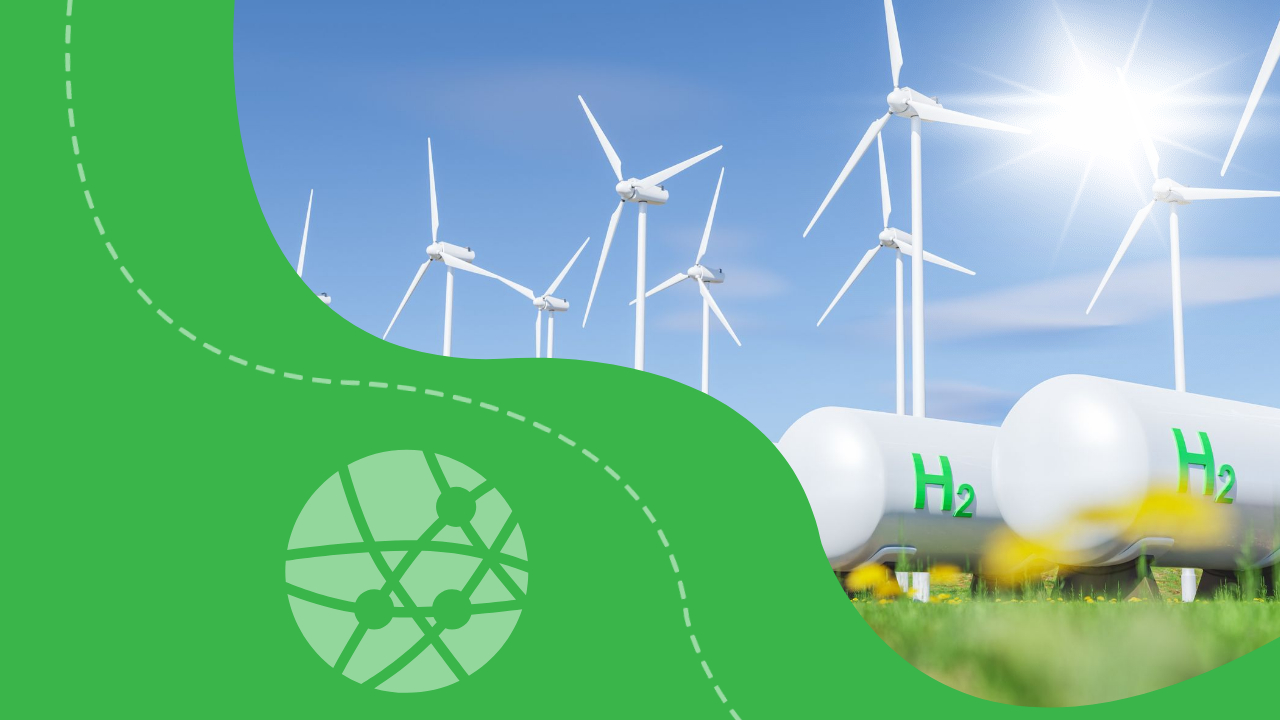In the coal-rich Konin-Turek basin of Poland, the shift towards decarbonisation is reshaping livelihoods and communities. Journalist Pamela Largue visited the region to understand how this energy transition impacts workers and their families, uncovering both challenges and opportunities.
The area, located in the Greater Poland Voivodeship, holds one of the largest coal reserves in the country, with an estimated 466.4 million tonnes. Historically, mines like Jóźwin IIB, Drzewce, and Tomisławice have driven the local economy. Today, only Tomisławice remains operational, but its future is uncertain. Mine owner ZE PAK SA has announced plans to potentially close the mine as early as 2024, with coal-fired power generation slated to end by 2025.
While the Konin and Pątnów power plants continue to operate, their closures loom on the horizon, leaving workers facing an uncertain future. For generations, these facilities have been central to the local economy, providing stable jobs. Now, communities are grappling with the complexities of transitioning to renewable energy while ensuring a just transition that protects workers’ rights and livelihoods.
This transformation reflects Poland’s broader commitment to reducing its carbon footprint, but it also underscores the personal and societal costs of leaving coal behind. As the region adapts, the stakes remain high for both its people and its industries.

